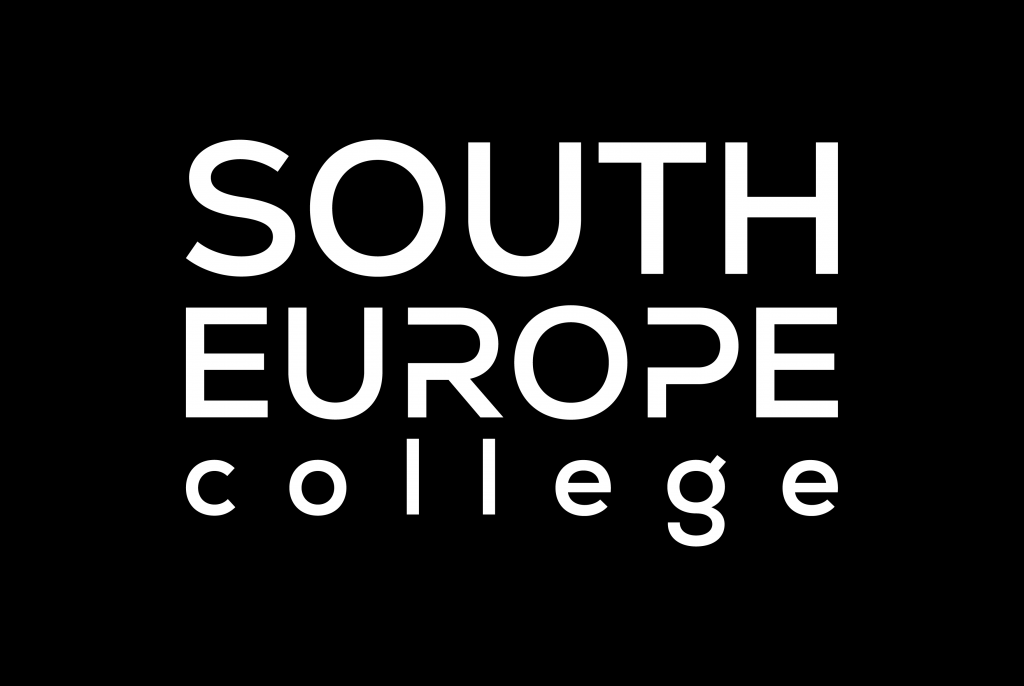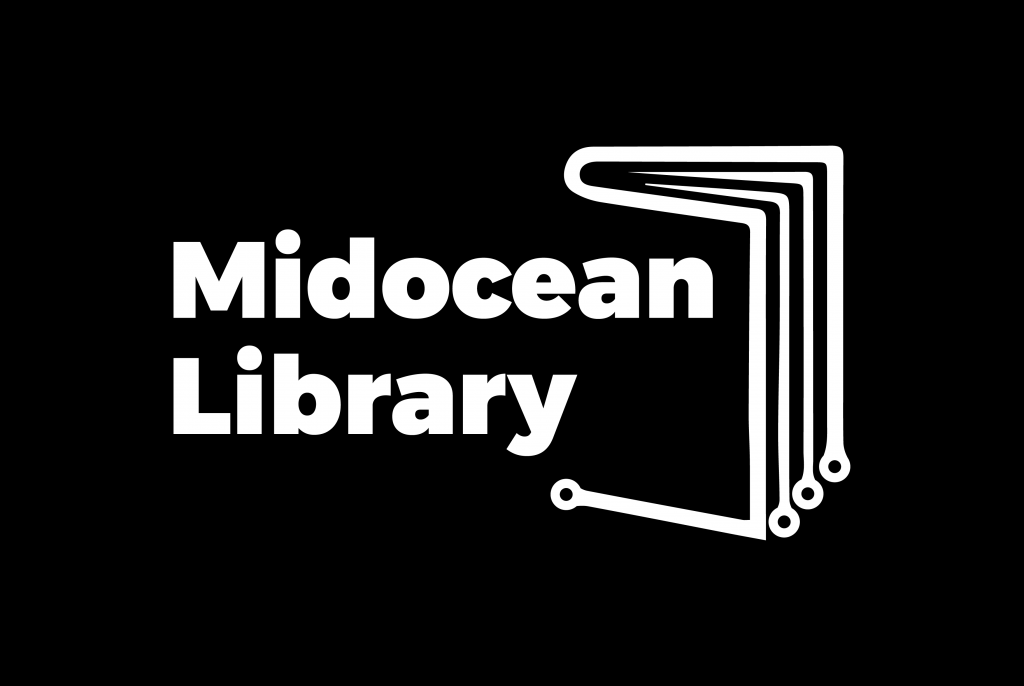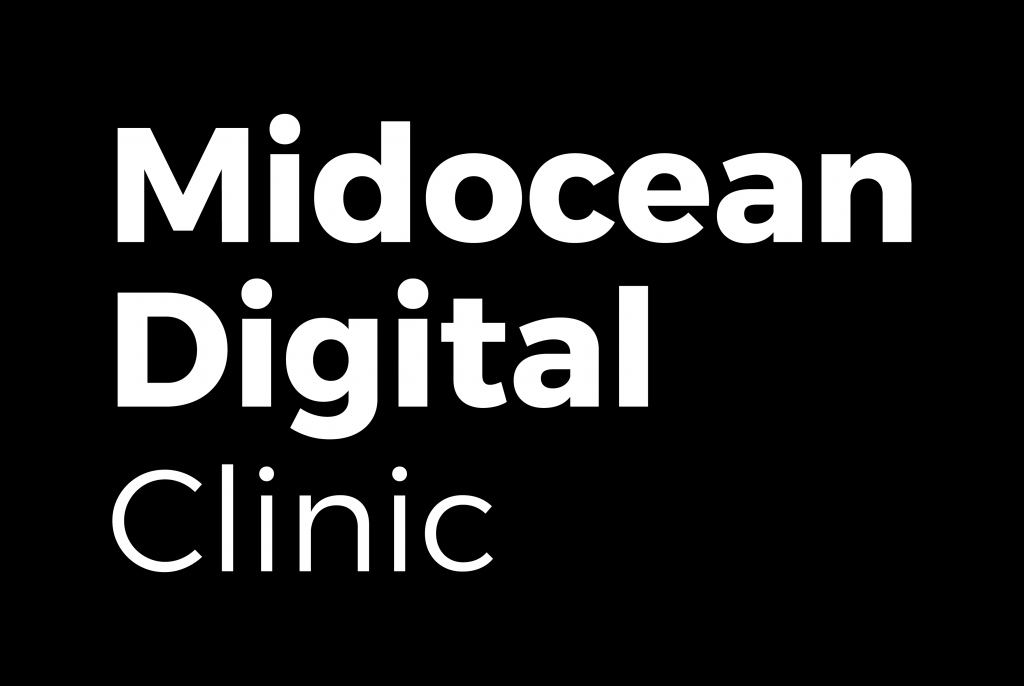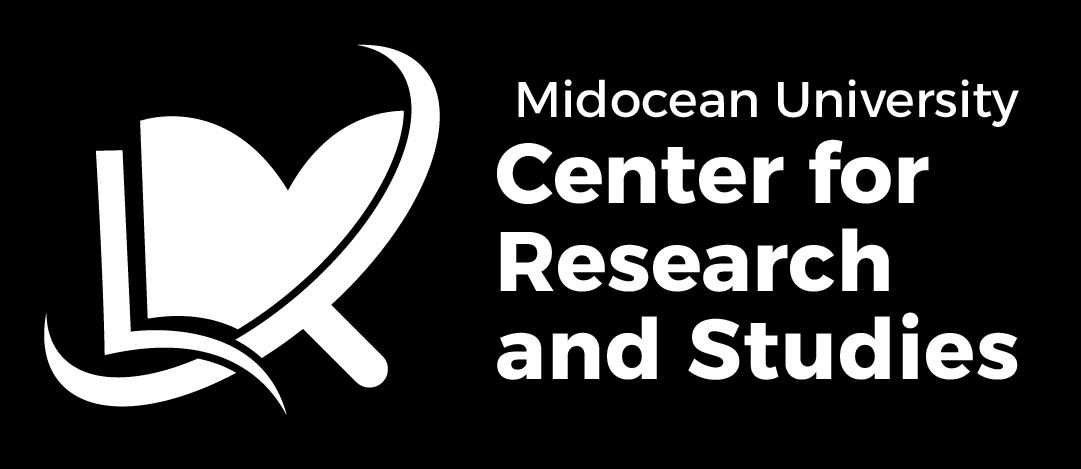Master of Project Management
Projects are everywhere – in companies, industries, health sectors, governments, small businesses, etc. Projects play a significant role in organizational success and the discovery of new technologies, helping to achieve and maintain competitive advantage and, in effect, sustainable infrastructure development. The Master of Project Management degree reaches beyond typical project management fundamentals and will provide you with sufficient insights for real- world problems. Our mission is to provide the knowledge, skills, and insights required to manage programs and projects in a variety of business applications and industries. You’ll work jointly with a faculty of experts in the project management field to enable learning as a community of professionals.
You will benefit from the practical, tangible skills needed for the leadership of the project’s activities in an organizational setting. This includes building a high-quality portfolio of projects based on organizational strategy and then managing and developing the planning, budgeting, scheduling, controlling, and monitoring activities to ensure that the maximum benefit is achieved through project execution. Additionally, the integration of multiple projects with external and internal stakeholders is addressed, as well as communication, negotiation, and managing work across culturally different distributed teams.
The Master of Project Management is a very good choice for you if you:
• want to be prepared for a career at the interface between organizations and management
• want to plan and implement demanding project management environments
• want to expand your international network during your studies
The demand for project managers is huge. Companies have a considerable need for experts who can implement sophisticated project plans and master the handling of complex projects.
Upon graduation from the Master of Project Management, students will learn to:
- Each student of the program will have a well-balanced foundation in project management. They will know the importance of the strategies and cultures for each component of the project management system that make up each project no matter the discipline. Each student will be able to create the right strategy for a project that will meet the stakeholders' needs.
- Each graduate will also know and understand the project life cycle and what project management process that is relevant to each step. Students will be expected to describe in detail each of the project phases and what processes are expected to happen in each of them. Graduates from the program will also be
able to discuss the common documentation that is required in the various project phases.
- Throughout the course, the student will also learn how to identify the expectations of the stakeholders and implement them into the project. Once students are able to recognize the stakeholder’s expectations, they will also be able to implement organizational context, the project objectives while recommending the appropriate strategies. They will also be able to create a project management process that will reflect the stakeholder’s expectations. Students will also learn how to use a project charter with each of the primary parts which include the statement of business requirements that is expected on the project.
- Each graduate of the course will know how to create a project plan. This plan will include the documentation of each activity that will need to take place in order to control the project's objectives and the costs involved. There will also be a part that will detail actions if there are any changes that develop during a project. Each student will also learn the processes of a project plan and be able to describe their function in each part of the project management system.
- Each student will also learn how to work and manage a team while interacting with the stakeholders. This will include how to incorporate certain communication tools with the stakeholders such as templates for status reports, tracking, change controls, and overall project reviews. They will also be able to identify potential conflicts and learn how to manage and solve conflict through conflict resolution processes.
- Students from the program will also be able to make plans and monitor the schedule and budget for a project. Students will have learned how to identify the needs of labor, materials, and expectations that are needed for the project. This will include an understanding of the approaches to time/cost estimation when dealing with the project timelines.
They will also be able to identify additional information as the project progresses such as requirements, activities, and risks.
- Each student will also know the tools and methods of managing a project’s quality and associated risks. No matter what the context or plan, students will be able to see the potential risks or opportunities and other criteria which impact the project. Students will also be able to document these appropriately in prioritized risk registers. Each graduate from the program will have to show their knowledge and ability to plan and manage a project with the core quality processes.
- Students must also be familiar with developing, identifying, and managing resources in a project. They will also know how to assign and create teams while developing them through the stages. They must also be able to manage the development of the team by enhancing their abilities and skills in how to manage and lead others.
- Students will be competent in the navigation of the project through the scope, resource and scheduling with effective communication techniques. They will be able to show their ability of resource allocation and schedule optimization to achieve maximum efficiency.
- Each student will learn the ability of project control when it applies to the human element. They will know how changes in the project can cause a change in schedules, quality, and cost. Students will be able to identify and describe each control and monitoring technique as well as how to communicate the change to the stakeholder.
- Students will know the relationship of the project and the host of the project. Students will also be expected to use matrix organizational structures and show what to do when project management has limited power on a project.
- Graduates will also be able to understand the links to project issues such as decision making, roles, and motivations.
- Each graduate will also have a good understanding of the ethical norms of the project operation. Students will be able to take a case study and show ethical issues while offering the correct standard of acceptable practices. They will know what actions to take if such issues are involved to include whistleblowing and decision making.
The concepts of the following courses will be delivered using a combination of online lectures, discussions, and dialogue around cases. A case is a comprehensive exposition of real managerial cases describing a set of problems and requiring a plan of action. The case method provides a pragmatic framework for the learning process. Its success depends heavily on student preparation and active interaction in class discussions.
The main material and reference for each course will be the textbook mentioned in the course specifications. Lecture notes and slides are additional resources that are prepared by the professor.
The program fees are $790 per trimester.
3 terms
To obtain a Master’s degree in Project Management, the student must complete a minimum of 31 credit hours and successfully complete the required scientific courses of the study plan.
Courses are in English, with explanations provided in Arabic.
Remote/on-site
| Course Code | Course Title | Credit Hours |
|---|---|---|
| Term 1 | ||
| PMG506 | Advanced Project Management | 4 |
| PMG510 | Project Risk Management | 3 |
| PMG511 | Project Leadership | 3 |
| Term 2 | ||
| PMG605 | Project Resources and Time Management | 3 |
| PMG615 | Project Financial Management | 3 |
| PMG622 | Agile Project Management | 3 |
| Term 3 | ||
| MGM660 | Supply Chain Management | 3 |
| PMG661 | Global Project Management | 3 |
| PMG665 | Program and Portfolio Management | 3 |
| PMG697 | Final Project | 3 |
